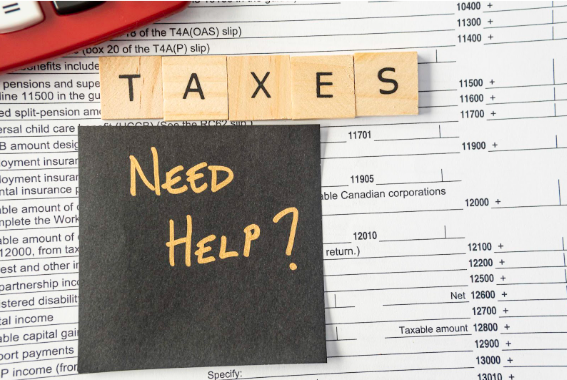
What is Financial Literacy?
Financial literacy is much more than just understanding money—it’s about mastering it. It is a necessary life skill that entails learning how to manage your finances, make informed decisions, and handle diverse financial situations. With this ability, you can have a secure future free from needless debt and financial strain.
Being financially sound gives you the skills and information you need to manage your money, save wisely, and understand credit. Our goal in writing this blog is to clarify what financial literacy is, why it matters so much, and how you can get better at it.
The Components of Financial Literacy
Budgeting
An essential component of financial literacy is budgeting. Making a budget helps you decide how much of your income goes toward debt, savings, and other costs. A variety of strategies exist for creating a budget, such as the 50/30/20 rule, which recommends allocating 50% of your income to necessities, 30% to wants, and 20% to debt reduction and savings. An alternative approach is the zero-based budget, where each dollar has a designated purpose. The idea is to make plans for your money before you start spending.
Saving
Another essential component of financial literacy is saving. It entails saving a portion of your salary or income for future use, such as retirement, major purchases, or unexpected expenses. Having a savings cushion allows you to maintain financial stability and be prepared for unforeseen needs. Start small, stay consistent, and gradually improve your savings rate.
Managing Debt

The ability to handle debt is a crucial component of financial literacy. Not all debt is bad; for instance, student loans and mortgages can be used to finance education and purchase a home, respectively. However, high-interest debt like credit card and payday loans can become burdensome if not managed effectively. Important skills in managing debt include recognizing when and how to utilize credit responsibly, understanding the impact of interest rates, and prioritizing the repayment of high-interest debt.
The Impact of Financial Literacy
On Personal Life
Financial literacy has an impact on human well-being and stability. Gaining control over your finances through sound money management reduces stress and improves quality of life. You’re able to save for future goals, stay out of financial traps, and make well-informed decisions.
On Society
Financial literacy has many advantages for individuals, but it’s also important to society’s economic stability. A community’s economy is typically stronger and more stable when there is a high degree of financial literacy in the area. Individuals contribute to economic progress, make wiser investment choices, and are less likely to become victims of financial fraud. This has an after-effect because financially literate people often share their information with friends and family. Which then implies that, everyone is carried along and they all enjoy a stable economy.
Top Two Misconceptions About Financial Literacy
It’s Only for Adults
A prevalent misconception regarding financial literacy is that it is only for adults. That being said, financial literacy is beneficial regardless of age. Teaching children and teenagers about money helps them develop sound financial habits at a young age, laying the groundwork for a stable financial future. Young people need the resources to make wise financial decisions in the future, and parents and schools are key providers of these resources.
It’s Too Complicated
The idea that financial literacy is naturally complicated and challenging to comprehend is another common misconception. The principles of saving, budgeting, and debt management are universally easy to understand, even though some areas of finance can be a bit complicated. Anyone can become proficient in personal finance with the abundance of tools accessible, ranging from books to online courses. The secret is to start with the fundamentals, practice regularly, and ask for assistance when required.
Practical Steps to Take Today
1. Start Small and Be Consistent

There’s no need for big gestures or drastic lifestyle adjustments to start the path to financial literacy. Be steady and start modestly. Pay close attention to your income, keep tabs on your expenses, and establish reasonable and attainable financial goals.
2. Educate Yourself Continuously
Make learning a lifelong commitment. Being informed is essential because the world of finance is always changing. Read financial news, take part in online forums or neighborhood groups devoted to personal finance, and read books. Take on challenging subjects head-on by breaking them down and addressing each one in turn.
3. Practice Makes Perfect
Finally, apply what you’ve learned. Establish an emergency fund, make a budget, and concentrate on paying off any debt that is still owed. Try out several investing and saving techniques to determine which ones are most effective for you. But be sure to do this with a trusted investment expert if you don’t understand how investment works. Keep in mind that financial literacy is a skill that gets better with practice, just like any other skill.
Bottom Line
The whole idea of financial literacy is getting yourself equipped to master your finances and become financially stable. One of the things financial literacy teaches is there is help available when you’re overwhelmed with debt. At EmpireOne Credit, our debt experts understand that life can be challenging sometimes and you need a shoulder to lean upon. By speaking with us, you can reduce your debt by up to 80%, and interest will stop immediately. Call us at (416) 900-2324 to schedule a free consultation with one of our debt experts. Being debt-free feels good!





